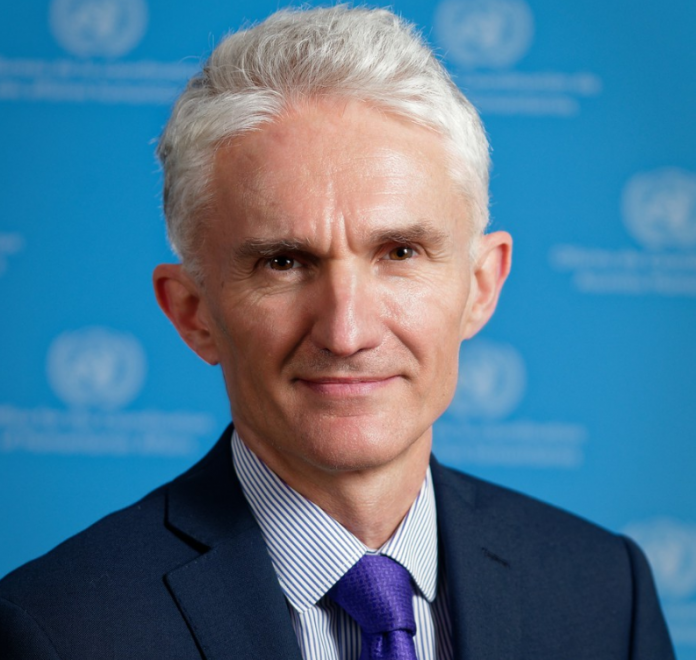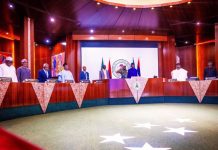by Innocent Onoh
Very often, the impression is created that African countries are too engulfed with wars, civil strife, political and economic crises to consider engaging in meaningful development strides. But this is not always true. Some governments in Africa are taking strides to cushion off the difficulties faced by their people, especially those residing in rural communities. And discerning members of the international community are taking note. The popular African adage says when you cheer the child for doing well. you are encouraging him to excel.
This scenario seems to be the case in Niger Republic where the government has been commended by a top United Nations official for tackling the country’s complex humanitarian crisis, including leading the provision of life-saving aid to hundreds of thousands of the most vulnerable, while highlighting the need to address the root causes.
“I was impressed to see how brave aid workers are working with the government to deliver assistance to the most vulnerable people in Niger under difficult and dangerous circumstances,” said the Under-Secretary-General for Humanitarian Affairs and Emergency Relief Coordinator, Mark Lowcock, at the end of his three-day visit to the country.
During the visit last week, the first for Mr. Lowcock since assuming his post earlier this month, he travelled to the Diffa region – where aid has been provided to 400,000 people; where one out of two individuals requires humanitarian assistance while Boko Haram attacks remain a grave threat.
Mr. Lowcock pointed to the success of scaled-up humanitarian support in Niger Republic in recent years, stating with excitement: “We have reached millions of people, unquestionably saving lives and averting the worst. But humanitarian needs remain high and sustained international help behind Niger’s efforts is critical.”
According to the UN Office for Humanitarian Assistance, N’Gagam, a village in the Diffa region near the Nigerian border, had a pre-crisis population of 1,000 but now hosts 13,500 people from both Niger and Nigeria whose homes were destroyed while the villages are considered too dangerous for immediate habitation.


















